We’re thrilled to have poet Sue Hardy-Dawson in The Reading Realm today to talk to Ian Eagleton about her brand-new anthology of beautiful, lyrical poems called If I Were Other Than Myself…
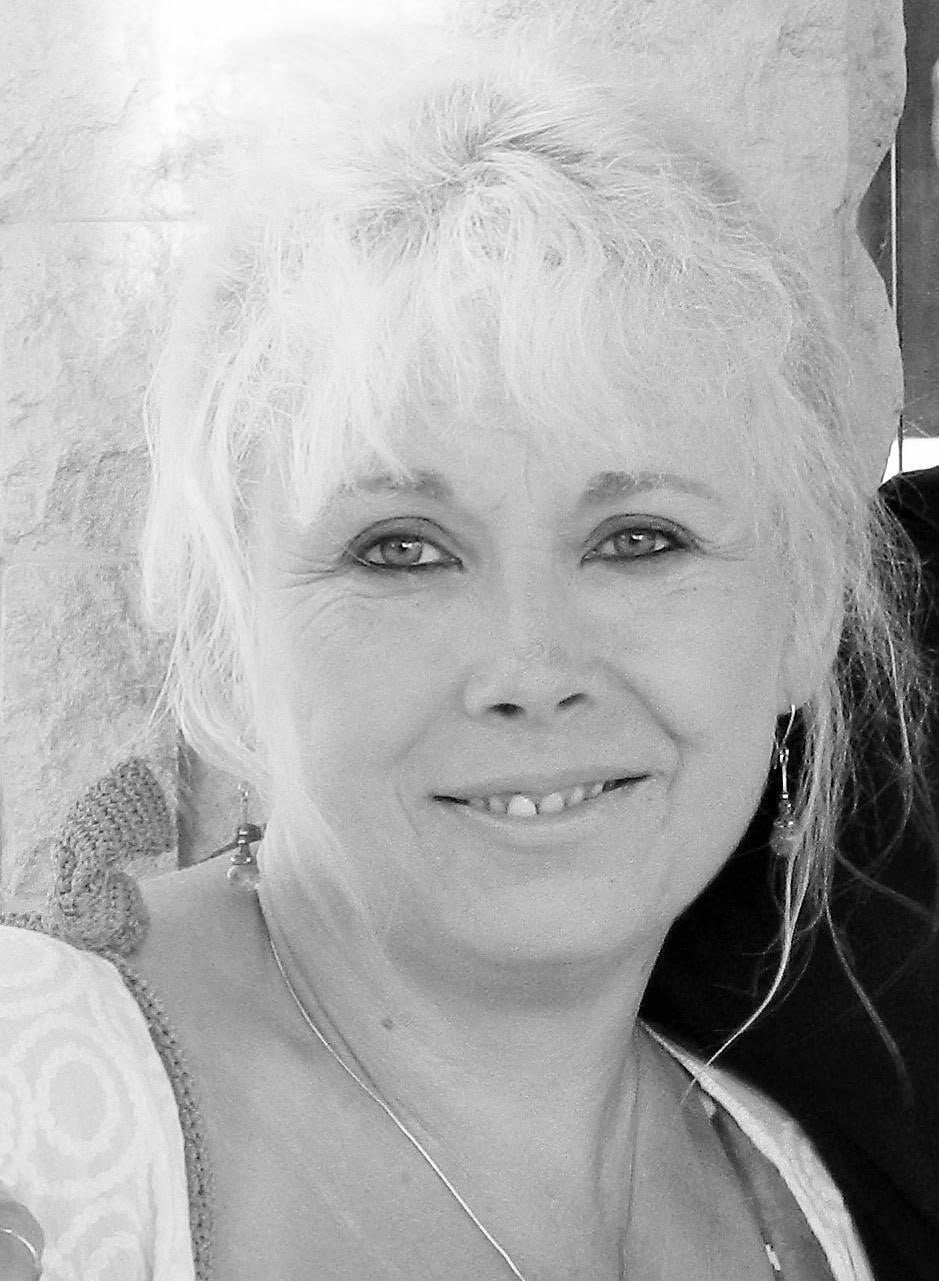
Without giving too much away can you tell us a bit about your new collection of poems If I Were Other Than Myself?
Well, it’s my second solo collection and I suppose it spans the last couple of years of writing. In it are many of my favourite poems from that time. It is difficult to quantify because I have an eclectic brain and I find inspiration in all kinds of places. For instance, have you ever wondered if shadows have their own existence or how a fallen leaf or even an electric pylon might feel? These are the sort of questions I ask myself and try to answer. But mainly what I hope those who read it will find and feel in it is the joy of exploring otherness, the natural world and playing with language. Equally, some of the poems have been inspired directly or indirectly by things children have said. It is what I like about writing for them; children’s imaginations are infinite and all encompassing.
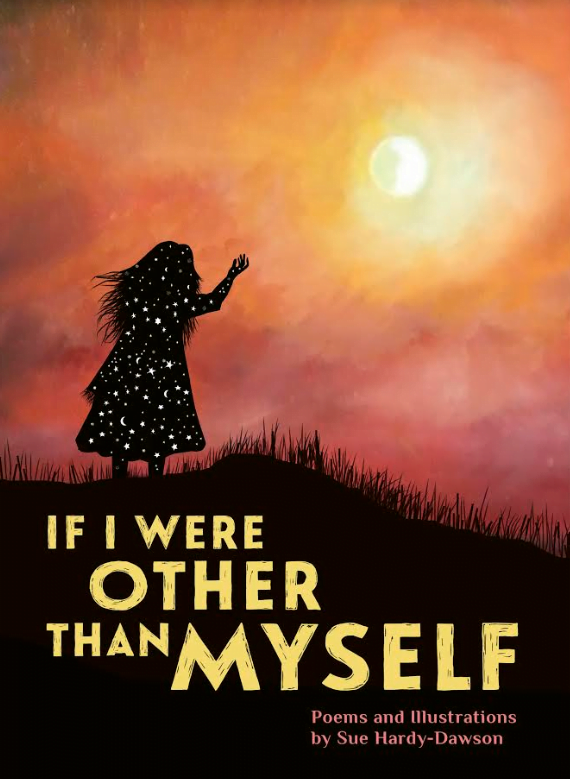
Can you tell us what the title If I were Other Than Myself means to you?
Well firstly, it is the title of one of the poems, a poem that very much imagines exploring other existences. Writers of all kinds, I think, like to escape into imaginary worlds. We keep the capacity children have, no matter what age group we write for, to say: what if? And given the chance, we will try to recreate and inhabit other worlds. I think the title also encapsulates the overriding themes of otherness, the joy of celebrating the world in all its beauty and even sometimes shedding a tear or two over its ugliness.
How would you say If I Were Other Than Myself is different to Where Zebras Go? How is it similar?
Most of the time, I don’t just write on any one theme, poems happen as and when they happen. Similarly, in Where Zebras Go I explore lots of different realities. However, whilst there are some common themes, I feel these poems send the reader on very a different journey with a whole new cast of characters.
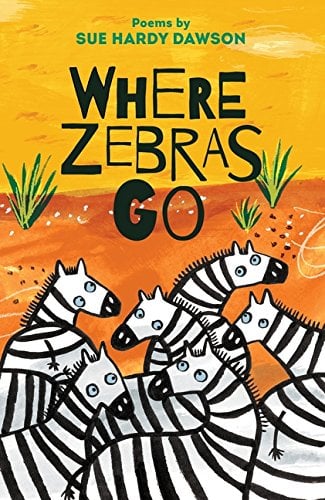
You’ve also illustrated this collection of poems and the illustrations are really, really beautiful. How does this work? Do you write first and then illustrate the poems at the end or illustrate as you go along? Or does an idea for an illustration pop into your mind first, leading to a poem? Or perhaps a combination of all of these!
Well first of all, thank you, you are very kind. Sometimes I do have an idea for an illustration, well almost always I have ideas, but mostly they just remain in my head unless a poem is being used for something. The poem always comes first though. However, when you illustrate a book, the illustrations (like the poems) have to work together. So when I’m putting the poems together I work out what I would like to fully illustrate and what perhaps just needs something little to carry it along. For poetry, especially, illustrations need to enhance what is there without giving away too much. Also they need to work with both funny and more wistful poems. So I will keep working and working on them until I feel I have just the right ones both as a whole and individually. Sometimes I will have several ideas before I am completely happy. Then when the book is laid out the designer has to work on bringing everything together in the available space. So there’s quite a lot to consider: Sarah Pyke, Troika’s designer, was very patient and I think did a brilliant job.
In the poem ‘Book Thief’ you talk about all the wonderful books you’ve read. Do you have a favourite book from your childhood?
I have lots of favourite books from my childhood, it’s really hard to just pick just one so I am going to cheat a bit. Fiction wise ‘The Little Broomstick’ by Mary Stuart is one that has long stayed with me and I’ve actually had to buy it more than once because it was borrowed and never returned. I also really love The Wind in the Willows by Kenneth Graham and have read it many, many times. Poetry, I could go on for ever, but to this day some of my favourite anthologies are John Fosters’ My First, Second…etc. Book of Poetry series. What I loved and love about them still is they don’t differentiate between adult and children’s poetry there is such a mixture of complex and humorous, so diverse and the illustrations are exquisite, perfect for the individual poems and by multiple illustrators.
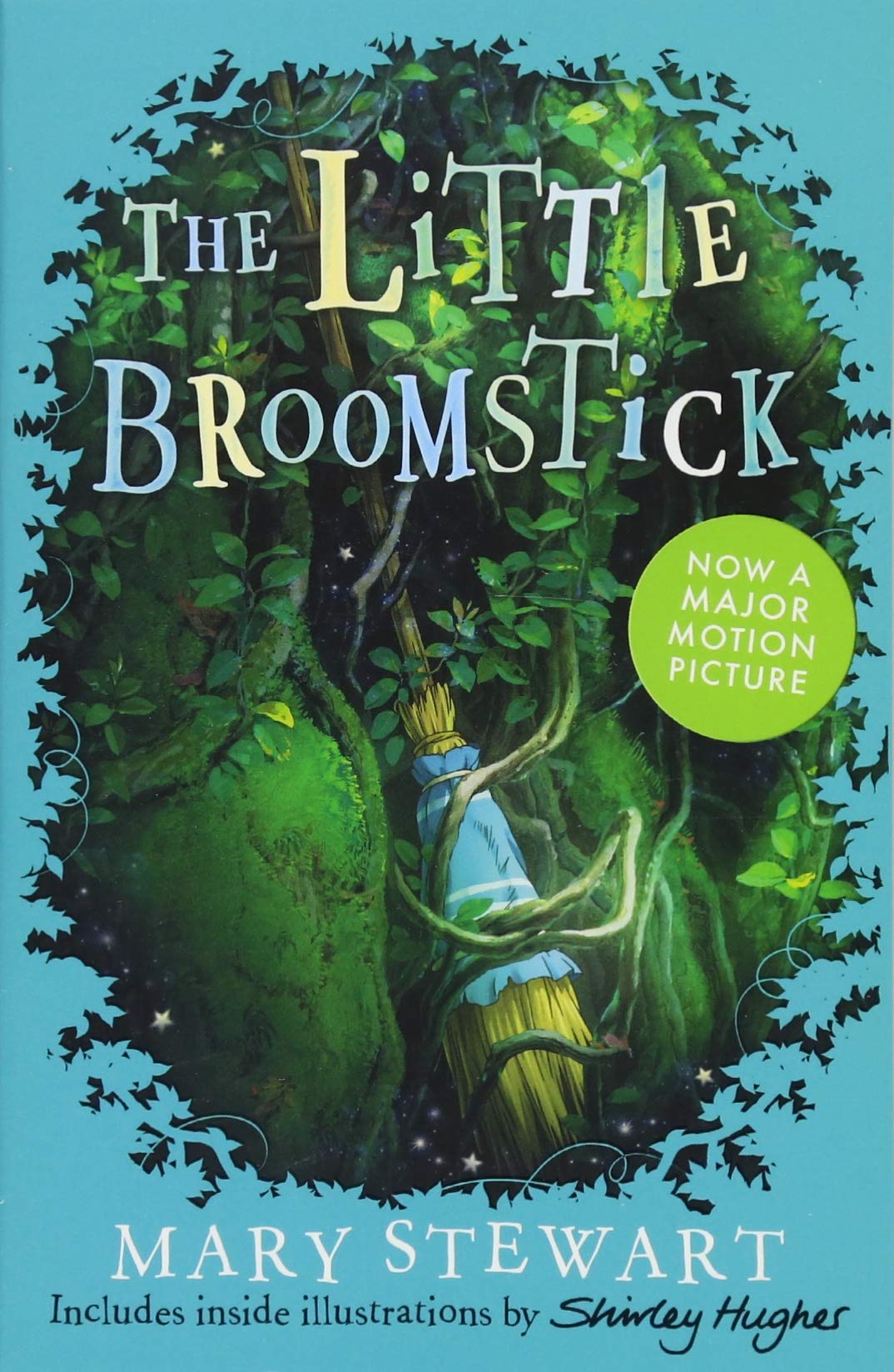
As a teacher, I was very interested in the poem ‘Dreaming’ where a child has written lots of lyrical descriptions, but crossed them out, leading an adult, presumably, to comment on their work, ‘Is this all you’ve done???’ What are your feelings about the current curriculum in schools and how English is taught to children?
This is a really difficult thing to give just one answer to. Without exception, the teachers that I know and whom I meet teach very creatively and do an absolutely brilliant job in what I feel are very challenging times. So I would never criticise a teacher or their teaching.
However, I have made no secret that I am concerned about the government’s rigid policies championing the teaching of punctuation, grammar and labelling language over all other aspects of writing. I know that I am not alone among writers, parents and teachers in feeling this emphasis and the focus it creates risks children losing much of the spontaneity and joy in writing previous generations benefited from. I honestly believe if we really want to inspire children to feel the need to learn, the greater focus should be on reading for pleasure, creative writing and time for story time.
So ‘Dreaming’ is a bit of a metaphor for mutual frustration. Inspiration is a tricky thing and ideas can take quite a while to form. The finished product may well not reflect easily how much time and thought has gone into finding the best words and putting them in the right order. Equally, the constraints of curriculum mean we are often forced to ask children to perform with confidence and creatively to very tight schedules. Schedules that even as adults we might well struggle to meet.
An additional dilemma and for me, one that is very close to home, is this. A fear that, however we might try to limit the emotional fallout, the emphasis the government places on statutory tests may well demotivate and fail to value the many neurodiverse children who will struggle to jump through those hoops. Yet so often, whilst unquantifiable, their slightly abstract brains are full of sparkling creativity.
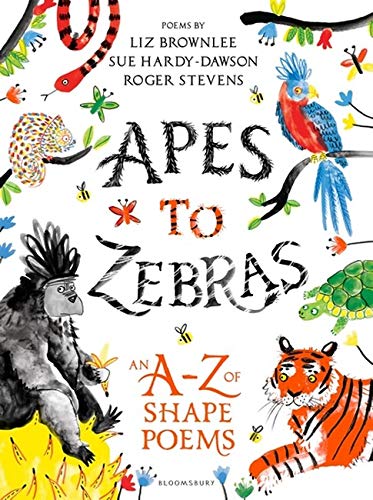
In poems like ‘How Doth the Little Carrier Bag’ you explore our careless treatment of the Earth. Is this an important theme for you? What can young children do to connect with and look after the Earth and where they live?
It is very important to me, and looking forward if things do not change quickly, it is likely to be for everyone. As to what young children can do; to our shame, it is they who are leading the way. If one young girl can start a movement that can make governments at least have the conversation, how much more could we do together? Children are very aware of issues like climate change and sadly know that adults have made a pretty poor job of looking after the world they will inherit.
However, it is such a big task and it is easy to feel completely helpless. So I would say what I would say to anyone. It is often a case of learning exactly what things we ourselves do that harm the environments we inhabit and beyond. We must start with the little things, the things we can control, use less and reuse what we must use. After all – all those little things create pollution in their creation and transportation – end up – in soil – in air- in rivers and seas – then they join up and become enormous things.
One of my favourite poems in the collection is ‘Why Trees Whisper’ – a lovely, quiet, reflective poem about nature and life. What was the inspiration behind this poem and how did you go about writing it?
Well thank you – that is lovely to hear. It is, as you say, in essence a poem about listening to nature and to each other and noticing or rather not noticing. I often jot down thoughts on my phone when I’m walking. On this occasion I was thinking about how people talk to each other yet sometimes because their thoughts and worries get in the way they don’t always hear each other. Then I began to wonder about plants, if they are sentient, and if so do they communicate with each other and, if so, what of trees? Some of them are centuries old, what might they have seen and known? What could they teach us? Perhaps they are speaking to us even now and we don’t hear or understand them. Probably you can tell from the above this was all jumbling and fermenting in my brain, when I remembered a game we used to play as children. It has many names around the world, though, I am not so sure children play it so much these days. We would stand in a circle and the first person would whisper to the next and so on, until the last would say out loud what they had heard and compare it to the first. It always amazed me how the words could completely change in between a few mouths and ears. Often the results were really silly or nonsensical. So it gave me a shape for the poem, which is really a dialogue between those who cannot or do not hear each other.
I was interested in the order of the poems and how you go about deciding on which poem comes first in the anthology, which poem comes last and so on. They all flow so cleverly, so seamlessly from one to the other – what is this process like? Is it a decision you make or an editor’s decision? Or a bit of both?
I’m so very pleased that you feel that, it is something you really never know for sure until someone else looks at it and says something nice. I find it is actually quite a difficult thing to decide on. I assume it must be usual for poets or anthologists to decide because that has been my experience. I generally just add them loosely in themes at first. Nevertheless, at some point, I end up with sheets of paper all over the floor, shuffling them around whilst trying to see how they fit together. Sometimes of course a poem has to be moved because of the constraints of the book. For instance, a long poem will need two facing pages, so then you liaise with the designer and work it out. Otherwise, it is about looking for things that link the poems. Also, I try to vary the pace and mood – to imagine how someone else might read them as a whole. It can take many days and like creating a poem, it is best to keep coming back to it after a space. The rest is just how you feel the poems work best, then you can only hope that that feeling is shared by others.
In ‘Writing Exercise’ you encourage readers to ‘pick up any stray words you find about you’. What other top tips have you got for budding young poets?
My first thought is read: read as many poems and poets as you can find. Read poems you like but also occasionally those you dislike. It may be that you learn to love them as you grow. But even if not, understanding what and why you dislike a poem is at least as important as understanding why you love another poem. In that way you will know what kind of poetry you want to write and how poems are made and work on a page.
Keep a notebook, in fact keep several especially at the side of your bed. Dreams often make great ideas and when you have been resting your brain will be full of them! However, ideas sometimes get lost or forgotten, so it is really a good idea to make notes. Write down all your ideas even if you think they are silly or not good. Some of my best poems started off as bad ideas. If in doubt write it down and think about it later.
Write every day, even when you feel like you have nothing to say. I often pick up an old notebook when I’m struggling for ideas, there is almost always something in it that I can use. Even if it is only because it reminds me of where I was when I wrote those words. If all else fails write about not being able to write. Daily practice makes your brain different somehow. It is a bit like being an athlete, you have to practice so that when the race is on everything is ready to go.
Which other poetry anthologies or children’s books are you looking forward to reading this year?
Oh well so far there is: Matt Goodfellow’s new one ‘Bright Bursts of Colour’, ‘Welcome to My Crazy Life’ by Joshua Seigal both Bloomsbury. Then there is ‘Belonging Street’ by Mandy Coe, ‘Dear Ugly Sister’ by Laura Mucha, ‘The Magic of Mums’ by Justin Coe, ‘The Girl Who Became a Tree’ by Joseph Coelho, all published by Otter-Barry Books…and it’s only February!
This slideshow requires JavaScript.
Finally, can you describe If I were Other Than myself in three words?
Things trees whispered…

